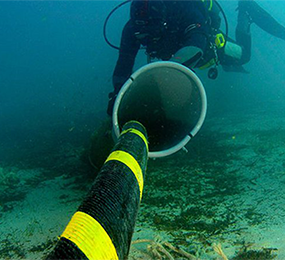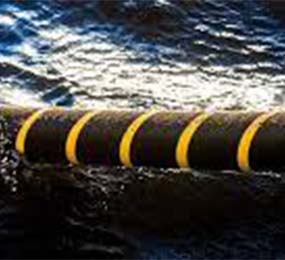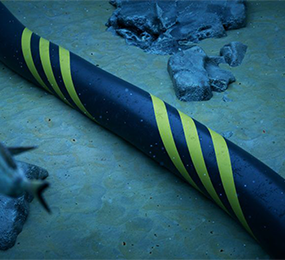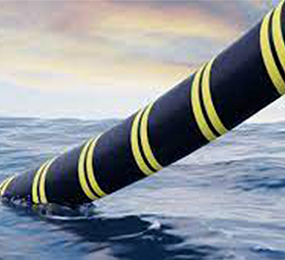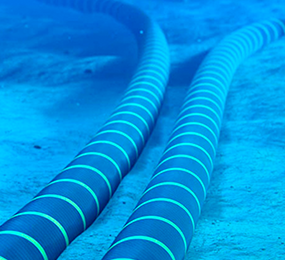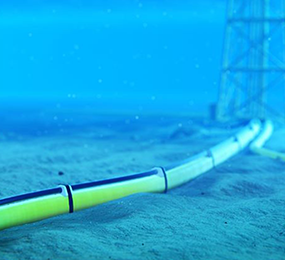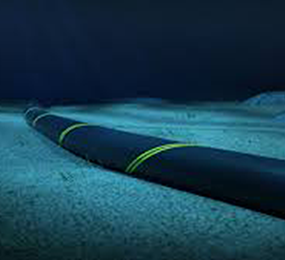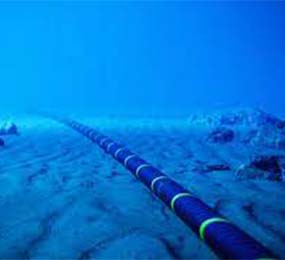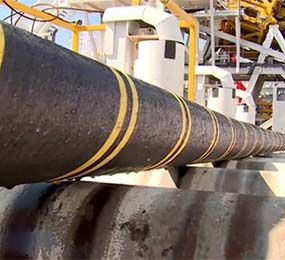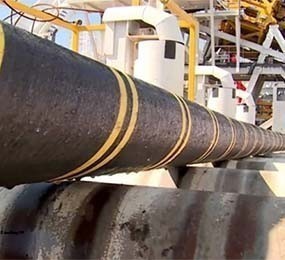The Role of Submarine Power Cables in Energy Decarbonization
Submarine power cables are critical to global efforts aimed at energy decarbonization. These cables facilitate the transmission of electricity across large bodies of water, connecting countries and enabling the integration of renewable energy sources.
One of the primary ways submarine cables contribute to decarbonization is by enabling the efficient transfer of electricity generated from offshore wind farms. Offshore wind is a significant source of renewable energy, and subsea cables make it possible to transport this energy to where it is needed most – populated coastal areas. This reduces reliance on fossil fuels and lowers greenhouse gas emissions.
Moreover, submarine power cables enhance energy security and grid stability. By connecting different regions and countries, they allow for a more diversified energy mix and reduce dependence on any single source. This interconnection also allows for a more balanced supply and demand, optimizing the use of renewable energy and minimizing waste.
For instance, projects like North Sea Link between the UK and Norway, and Baltic connector between Estonia and Finland, exemplify the crucial role of submarine cables. They allow nations to share renewable energy resources, enhancing energy security and reducing the need for fossil fuel-based power generation.
In conclusion, submarine power cables are essential infrastructure for achieving a decarbonized energy future. They facilitate the integration of renewable energy sources, improve grid stability, and enhance energy security. As the world increasingly focuses on sustainable energy solutions, the role of submarine power cables will only continue to grow.
Visit our website to know more: https://www.leadventgrp.com/events/5th-annual-submarine-power-cable-and-interconnection-forum/details
For more information and group participation, contact us: [email protected]
Leadvent Group - Industry Leading Events for Business Leaders!


